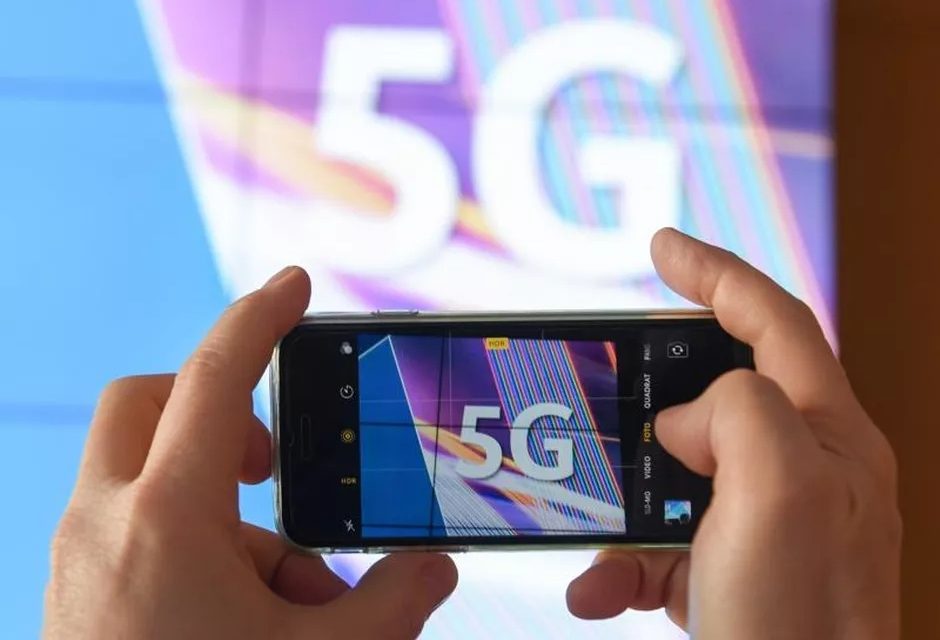Young people are the most optimistic about 5G; with a quarter believing 5G will help the UK recover economically from the coronavirus outbreak
In a new era of digital dependence, younger consumers are the most keen to embrace technological change: with more than half (55%) of millennials (25-to-34-year olds) already positive about the role of 5G in the UK, compared with just a quarter (26%) of those aged over 55.
The 5G: Connecting the Consumer research – which surveyed 3,000 UK consumers on their perception of 5G technology – found that a leap in digital activity and tech usage during lockdown has resulted in a quarter (25%) of all consumers believing that 5G will help the UK to recover from the pandemic. And two-fifths (40%) acknowledge that 5G will be a positive asset to the UK economy overall.
Not only that, but almost half (45%) of respondents felt that 5G would help the UK to remain competitive. With remote working, socialising and collaborating now ubiquitous amongst UK consumers, more than half (57%) believe good (reliable/highspeed) internet has become more important to them since the coronavirus outbreak, so it’s no surprise that consumers are increasingly turning to 5G to facilitate their “new normal”.
After all, now that digital habits and working structures have permanently changed, half of consumers (44%) are now more reliant on their mobile phones than they were before Covid-19 – and this is even higher for 16-24-year olds (57%). In fact, two thirds (66%) of 16-24-year olds (Gen Z) now primarily use their mobile phone to access internet, compared to just a fifth of those aged 55+ (27%).
“Consumers have been reluctant to embrace 5G for some time. While the business case for implementing the new network has always been clear, there’s been a dearth of information around how 5G will enhance consumers’ lives day-to-day which has meant they’ve often felt side-lined”, said Kevin Cho, General Manager of OPPO UK.
“And yet there’s so much more consumers can glean from their devices with 5G – from better quality streaming and faster browsing, right through to experiencing virtual and augmented reality on-the-go. The future of 5G and connectivity is incredibly exciting and we’re looking forward to creating even more ways for our customers to enjoy its benefits both inside and outside of the home.”
Ben Wood, Chief of Research at CCS Insight, added: “The momentum around 5G in the UK is unstoppable. This year we expect over three million 5G smartphones to be sold, accounting for 20% of the market, and the following year over half of the phones sold in the UK will be 5G enabled.” He continued, “as well as offering great speeds, customers will benefit from better capacity on what are typically congested networks and, looking ahead, we expect 5G’s capabilities to enable the creation of ground-breaking and previously unimaginable new apps.”
But while consumers are positive about 5G overall, only a third (30%) currently know why 5G will benefit them personally. Given that remote working and socialising have become a digital priority this year, it’s apparent that there’s still a gap between how consumers perceive 5G and what 5G offers them.
Unsurprisingly, streaming is top of the agenda too, with a third of consumers (30%) wishing they could improve their phone’s reliable connectivity, while a quarter (26%) would prefer to improve its download/streaming speeds.
And despite two-thirds (65%) of consumers not being interested in buying a 5G phone, consumers still believe 5G could have the answer to better bingeing. Half of consumers (48%) believing the biggest benefits of 5G would be faster download/streaming speeds and a fifth (20%) of consumers want to buy a 5G phone so that they can stream on the go without lag or interruption.










Recent Comments